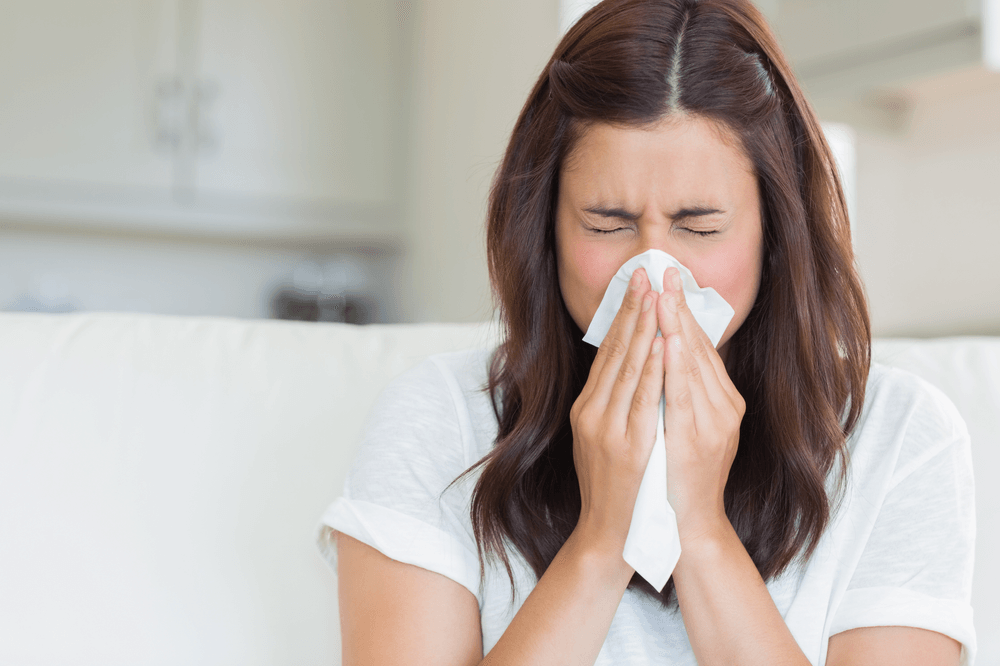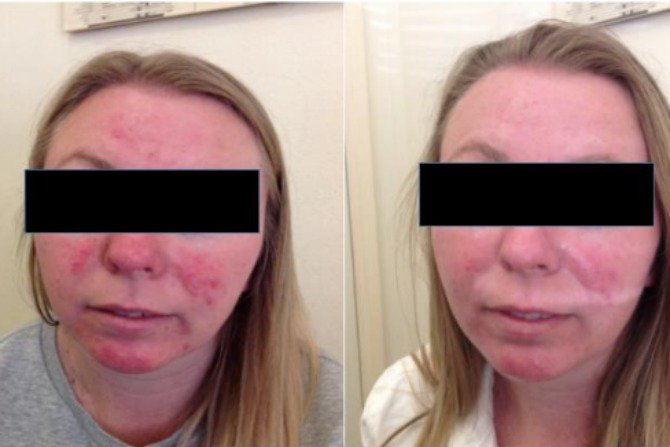How the Change of Season Can Make You Itch

Canberra has begun its annual change of season, with gorgeous leaf-lined streets ablaze with colour and heaters and fires being fired up after a (thankfully) long break. However, for people who suffer from diseases like eczema, dermatitis, psoriasis and rosacea the change of season can signal a worsening of their condition.
This is a common problem and is caused by a variety of different factors. In large part however, the problem comes down to levels of moisture in your skin.
Cold winds, low humidity, heating and wood fires, reduced thirst reflex or just the wrong warm clothing; the causes are varied but the results are itchy and inflamed skin. So what can you do to alleviate the discomfort?
- Moisturisers. These are a frontline defense against dry skin. Using a moisturiser 2 or 3 times a day can be a very useful preventative measure against dry skin. In the winter months a heavier lotion can provide a barrier also, giving a little bit of extra help.
- Humidifiers. There’s nothing nicer than having a warm home to come back to after a jaunt through the cold Canberra winter, but often heating systems can remove moisture from the air. To counteract this it might be a good idea to buy a humidifier unit for your bedroom/living areas.
- Baths and showers. Even though a nice, hot shower can feel amazing on a cold day, they can accelerate the loss of moisture through your skin. Keeping the temperature lukewarm and not staying in for too long can help to reduce these effects. Also, using soap-free cleansers will also help to reduce irritation to already sensitive skin.
- Clothing. While woollen clothing can certainly help to keep you warm it can also irritate your skin. Make sure you have an under layer made with cotton or silk to prevent direct contact with Nana’s jumper. Also, washing with unscented, hypoallergenic laundry detergents can help with people who have sensitive skin conditions.
- Water. Cold weather can trick your body into thinking it doesn’t require much water. However, even during winter, you should aim to drink at least 1.5 litres a day. It doesn’t have to be cold; herbal teas count towards your daily intake, but caffeinated beverages need to be kept to a minimum, as they can increase water loss.
In many cases the alleviation of discomfort caused by dry skin is simply a matter of paying attention to these simple rules. And when it comes to irritating skin problems, being mindful can save you a lot of problems down the track.












